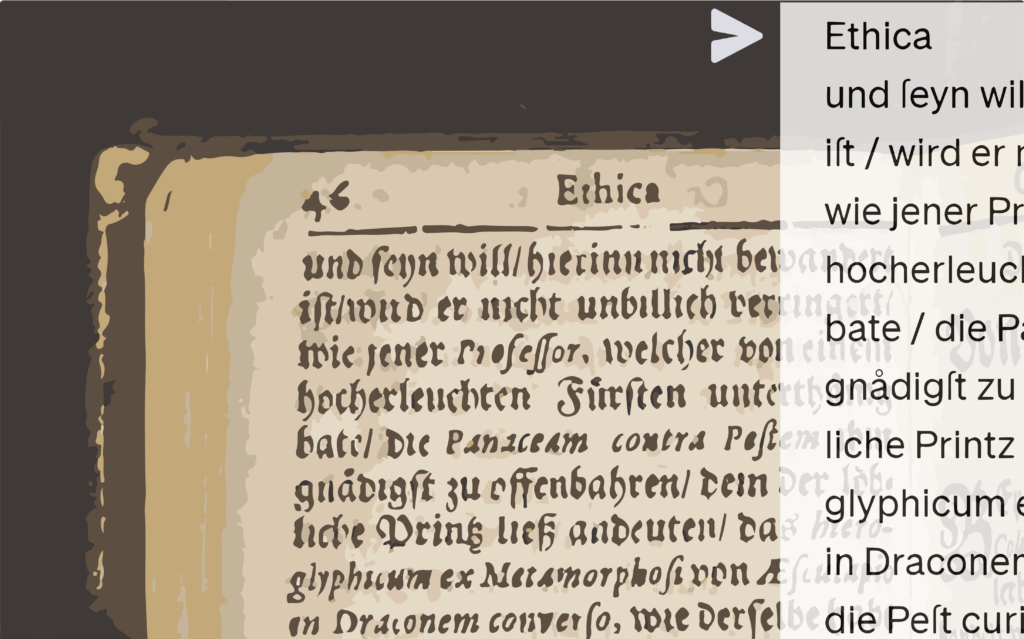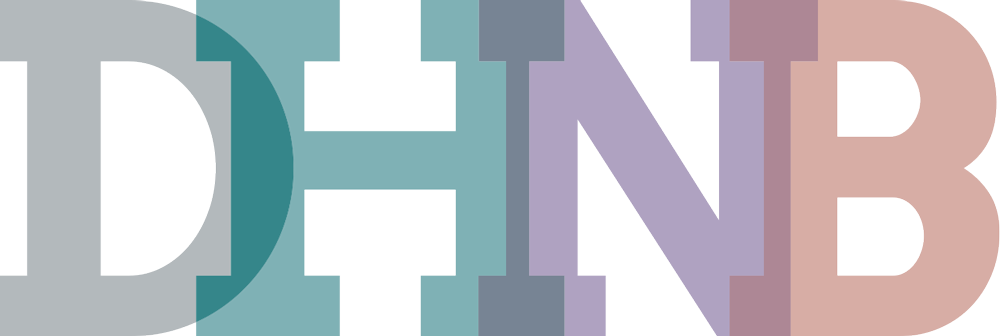I spent the last couple of days in (well, technically: in the area of) Heidelberg, at the European Molecular Biology Laboratories EMBL. You might ask: What kind of business does a humanities researcher have there? Becoming a certified Software and Data (and Library) Carpentry Instructor, of course! The Carpentries are a world-wide community of volunteers with diverse academic backgrounds that teach foundational programming and data skills to fellow researchers of all fields! Originally mainly target at STEM researchers, The Carpentries are attracting more and more social sciences and humanities researchers, especially from digital humanities. The Carpentries have also local – or regional – hubs, with lots of activities and a substantial group of instructors, helpers, and learners; here in Oslo, we have, at least according to what I hear through the grapevine, one of the largest European hubs. The Carpentry@UiO Initiative is responsible for numerous Software and Data Carpentry events since at least 2016 and I have been part of that group since then.
The Carpentries instructors are very well trained teachers and The Carpentries have their own instructor training workshops that are offered world-wide and usually quite sought after! Doing an instructor training enables one to teach official The Carpentries workshops. Note: anyone can use the materials for the lessons, they are all licensed under a Creative Commons Attribution licence. One can teach whatever lesson, parts of lessons or the entire course, anywhere, anytime. And even charge a workshop fee for it. You are just not allowed to flag these activities under the official The Carpentries logo. So, if you want to improve your lessons by using The Carpentries material, do so! However, it’s not just for becoming a certified instructor so you are allowed to advertise your programming and data skill workshops using an official brand – what makes the instructor training such a valuable experience is that you actually learn how to teach technology, computational thinking and programming, and data analytical skills. You will learn how to design lessons, how to assess learners motivation and prior knowledge, how to help them stay motivated during the courses, how to help them help themselves explore and become confident in coding for their research; you also learn about teaching techniques and principles of learning and teaching; evaluation, feedback and self-improvement as a teacher. And community building!
The two days were packed with knowledge and hands-on practice and the crowd of almost 40 instructors-to-be was buzzing! For me, a key motivator for engaging with The Carpentries is meeting people with a completely different academic background than me and finding out how much we have in common! And of course meeting people for future collaborations. As an immediate result of the instructor training, I have made plans teaching a workshop on git and GitHub together with a fellow instructor trainee next spring in Germany. And I will engage much closer with the European The Carpentries community than I have been able to before.
What comes next is to finish the instructor training by completing three additional tasks: Improving lessons or related material from both Software and Data Carpentry (to become certified to teach both!); participating in the instructor discussion lists and doing a short trial teaching episode with peer-evaluation. I’m looking forward to “checking out” as a certified instructor and the official acknowledgement of my work with and enthusiasm for The Carpentries! In the meantime, I will be helping with a couple of Carpentries workshop here in Oslo, namely the 1day workshops on “Databases and SQL” (Oct 17) and “git” (Oct 24). Additionally, I will teach a lesson on GitHub (under development) at the DH Seminar at the Norwegian University of Sciences and Technology (NTNU) in early November as well as at the National Library of Norway in mid November. The plan is to teach a 1day workshop with a combination of Software Carpentry and Code Refinery at the DHN2019 conference in Copenhagen as well. And I am currently developing a workshop on Complex Network Analysis for Digital Humanities Researchers based on The Carpentries lesson template and teaching method!
So, if you’re into sharing your knowledge and skills in programming, coding, technology or data analysis, consider becoming an instructor and join the awesome community of The Carpentries!


